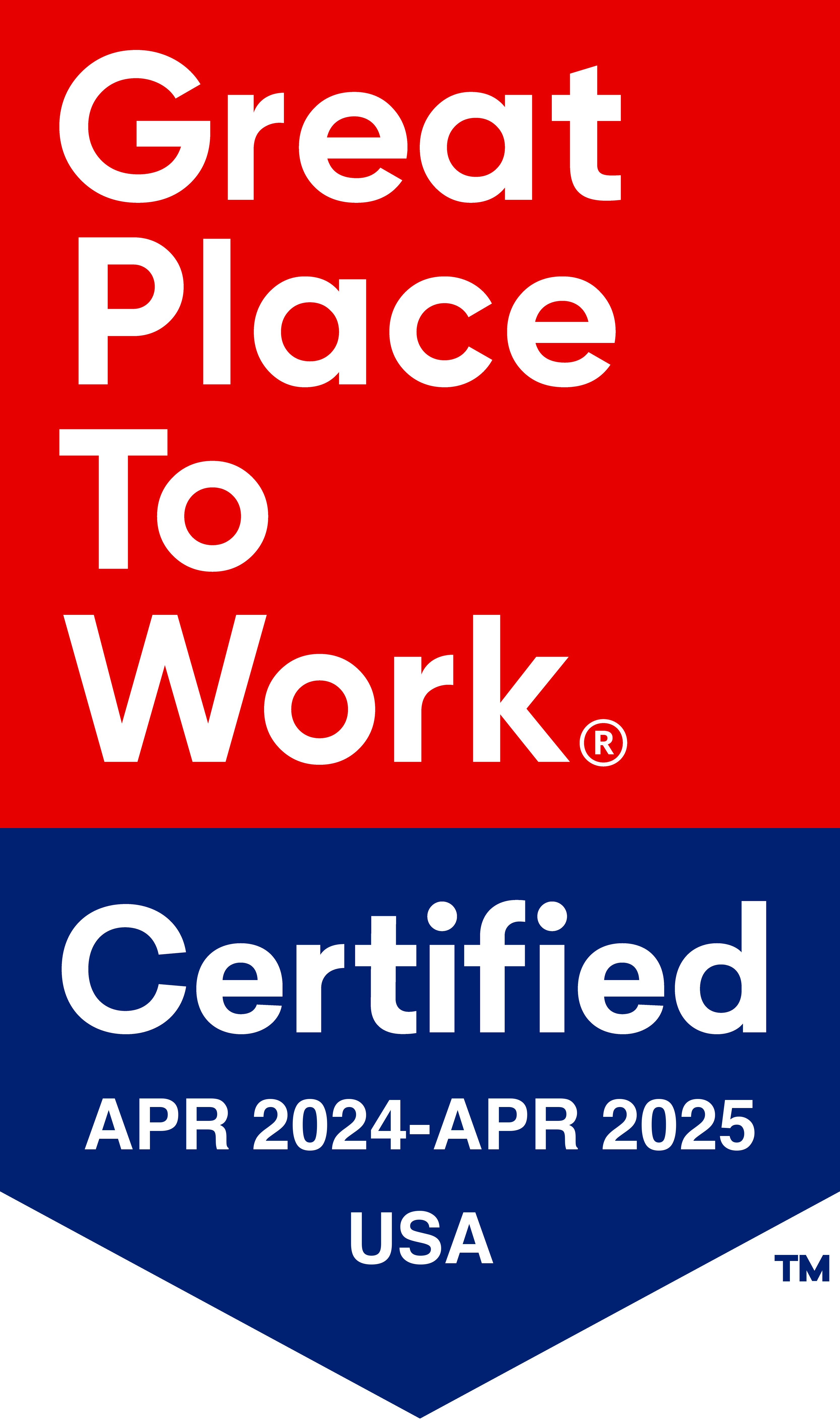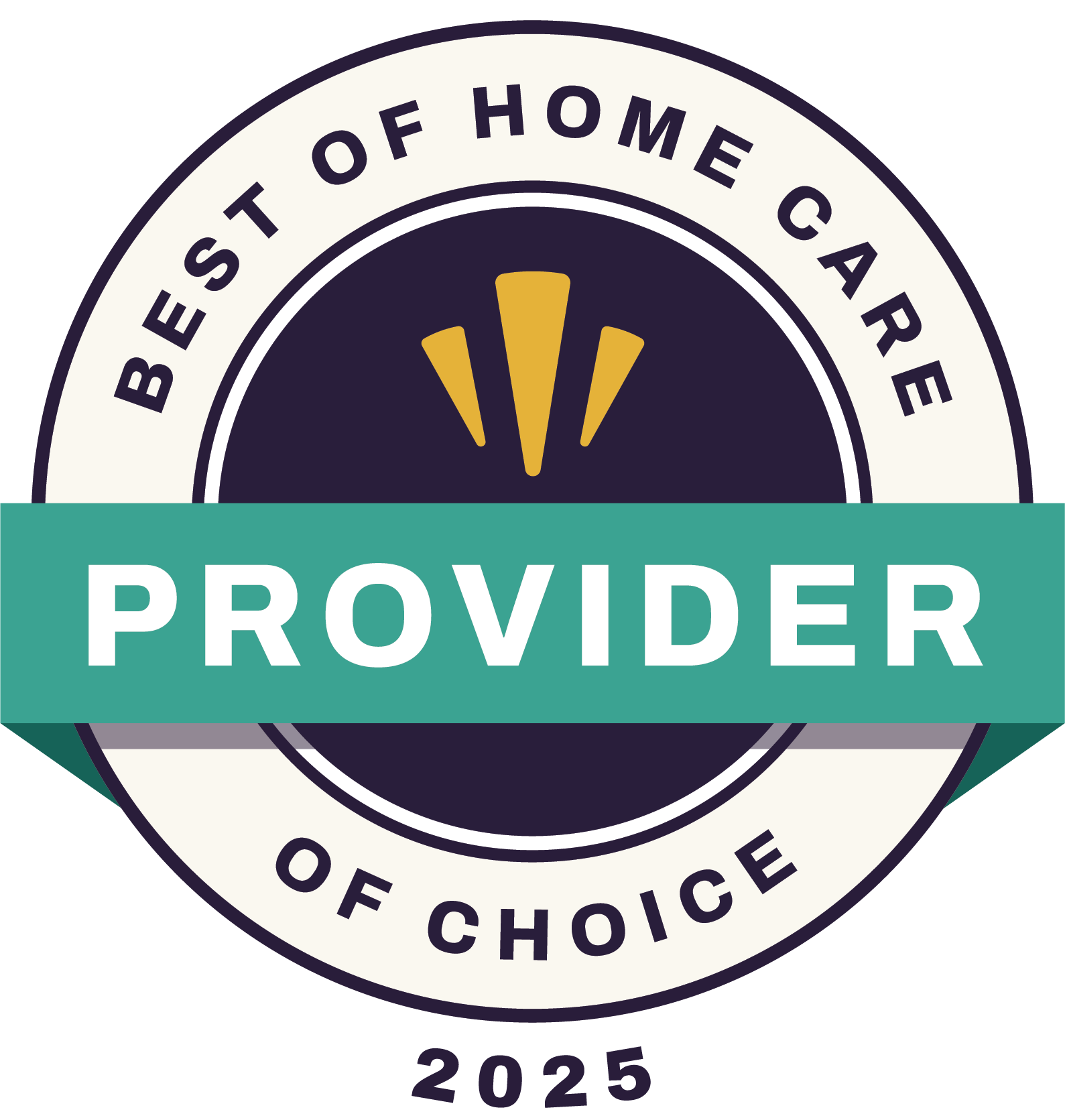The Importance of Monitoring Eye Health as You Age
As you age, it's common to experience changes in your eyes and vision. Some changes are harmless and many can be easily corrected with the right tools and treatment. Other issues may need a higher level of attention and can impact your overall health. It's crucial to keep tabs on your eye health and monitor for any changes as you get older, particularly in your senior years.
Potential Eye Health Conditions Associated With Aging
Common eye changes that occur with aging include difficulty in:
- Seeing things up close
- Distinguishing between colors that look alike
- Quickly adjusting to changes in light
Common treatments include wearing glasses or contact lenses, adjusting how you read, and being more conscious of lighting that is best for you. More serious eye health conditions that can also happen in seniors include:
- Age-related macular degeneration (AMD): Your central vision is damaged, challenging your ability to do common tasks like driving and reading.
- Cataracts: Areas of the eyes' lenses become cloudy and cause blurry vision, often requiring surgery.
- Diabetic retinopathy: Diabetes can lead cause this condition, leading to vision loss and blindness.
- Dry eye: Your tear glands don't work correctly, leading to a series of uncomfortable symptoms like dryness, itchiness, irritation, and a sandy feeling in the eyes.
- Glaucoma: Too much pressure in the eyes can lead to vision loss and blindness.
Age-Related Eye Symptoms to Look Out For
Your risk of developing these eye health conditions increases as you age. As a result, it's important to look out for worrisome symptoms. If you or an elderly loved one experiences any of the following symptoms, you should seek medical care as soon as possible:
- Seeing floaters, cobwebs, small flecks, odd flashes of light
- Eye pain, swelling, redness, or abnormal irritation
- Double vision, blurred vision, or sudden vision loss
- Corrective lenses stop working
- It becomes difficult to recognize people or objects
- Common tasks suddenly become difficult because of your vision
- Lastly, lights begin to seem dim or not as bright as usual
Identifying these issues soon and seeking the right care can help prevent damage, or further damage, to your eyes. It will allow you to seek treatment and receive the care that you need as soon as possible.
What to Do After Identifying Age-Related Eye Symptoms
If you or a loved one notices signs of declining eye health, what should you do next? First, you should seek medical care. If needed, contact a loved one to help you reach out to or visit a provider. It's best to see an eye doctor who specializes in caring for eyes. When calling to schedule your appointment, be sure to share your symptoms so they know you need to be seen right away.
For elderly individuals, it can be difficult to reach out to a provider, schedule appointments, and find transport to the doctor. Luckily, there are resources available to help with your daily care and needs. For example, Elite Home Health Care is a home health care provider that can send a home health aide to your home. They can help with common daily tasks, recognize health-related concerns, and help seniors take any necessary next steps. This can then provide elderly individuals, and their loved ones, with peace of mind that they are being taken care of.
Monitor Eye Health as You Age
When it comes to eye health, you can communicate your concerns with the home health care provider for special attention to visual changes and abnormalities. They will be able to help recognize daily changes and escalate the situation to a medical professional if needed. They can also help with eye-related treatments, such as reminding you to take prescription medications on time, help with recovering from eye surgery, adjusting lighting as needed and much more. With personalized care, individuals can age and take care of their eyes from the comfort of their own homes.
Written by: Leah Ganz
Leah Ganz, RN, BSN is the Director of Patient Services at Elite Home Health Care. She has an extensive background in homecare and previously worked in various specialties including pediatrics, pain management and internal medicine. She oversees all patient services across Elite's departments.



